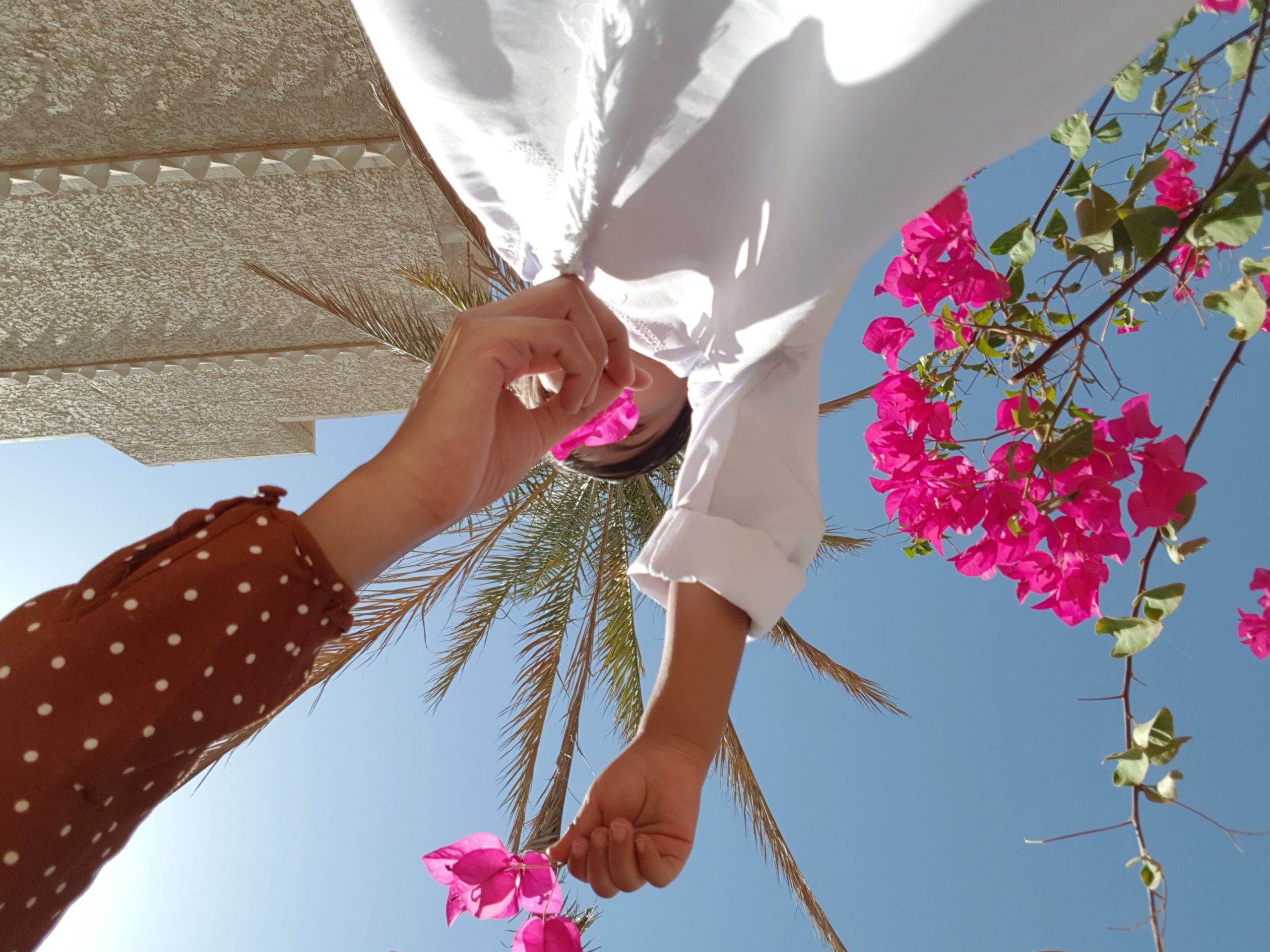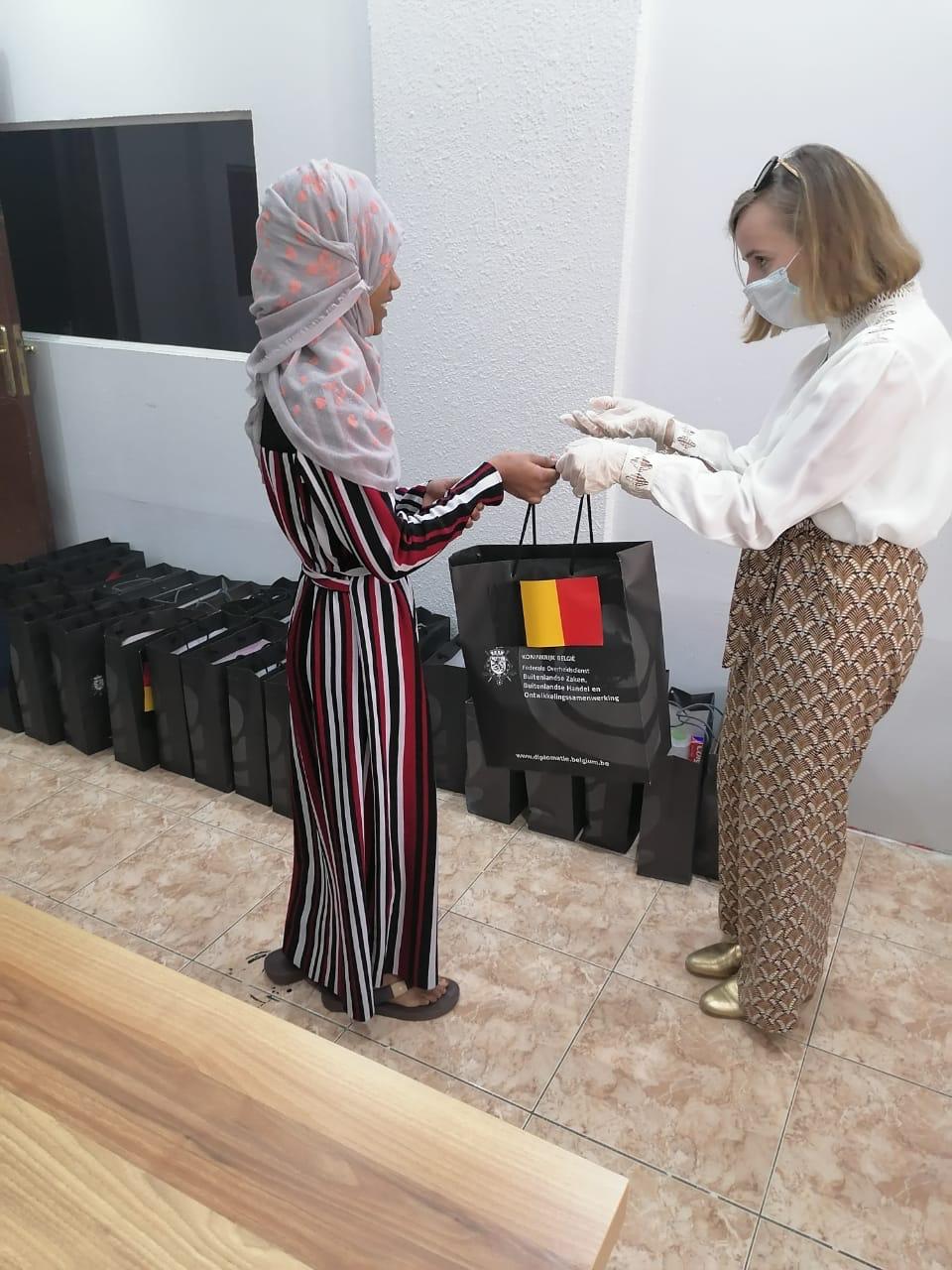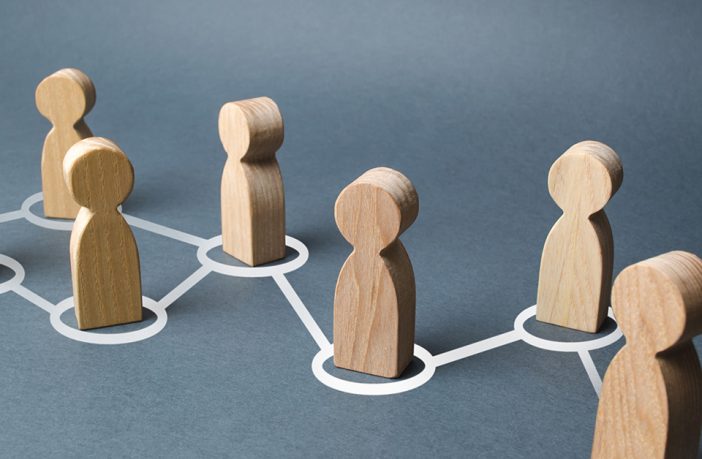BY REINA TEJANO-BERINA
Despite measures to keep us isolated – the rise of this “contactless culture” has revealed a silver lining. This pandemic, believe it or not, has connected the world more than it has ever before.
The global pandemic brought upon by COVID-19 has changed the world as we know it. It’s an overwhelming shift that has countries and industries compelled to adapt to the “new normal”. Stay at home orders and social distancing rules are in place to prevent the virus from spreading. Large gatherings have become illegal and even the simplest of social interactions: smiling – can no longer be seen in public as people adhere to wearing face masks for protection.
While there are efforts to keep people apart, the restrictions and lockdowns have brought out a new meaning to how we live, work and share in our community.

Stronger Family Ties
When we are faced with pain or danger, our instinct is to call out to our families. The prevalence of the virus has compelled us to stay inside our homes – where support is both sought and provided. Courageous and challenging conversations had to be made between parents, children and relatives about how to deal with staying safe and healthy, which has become the unified goal.
With “remote work” becoming the trend for most companies, working parents are now within their children’s reach on a daily basis. This new set-up has given families more opportunities to have meaningful moments with one another. Fayyaz Ur-Rehman, a resident of the DQ and a father to his young son says that the pandemic has created more family time for them and he can finally see first-hand how his son is developing. “I always used to hear stories of what new thing my son did but now I see these new things – which is a priceless experience. My bond with both my wife and son has reached new levels and I feel that the pandemic has acted as a catalyst to that.” The Embassy of Sweden also conducted an online photo contest called “Quarantine Dads” to show what fathers look like while caring for their kids at home. The winning photo was that of a dad braiding his little daughter’s hair.
While there is also a chance of kids driving their parents crazy during these times, modeling peaceful and positive language at home can make them feel more secured and loved. The practice of active listening and showing empathy can help maintain a peaceful and happy home environment.
Connecting Through Innovation
Technology has proven to be a significant tool in staying connected these days. With schools/offices closed and regular social events put to a stop, virtual meetings have become a safe and efficient way to communicate and continue fostering relationships. The use of online meeting room providers such as Cisco WebEx, Zoom, and Google Hangouts Meet are just a few of the popular platforms for online conferencing. Just recently, Ambassador Jorg Ranau and Consul General Holger Ziegler from the Embassy of Germany held an Ambassador’s conference online for the first time. Despite the restraints of a physical meeting, the video conference allowed them to discuss important issues such as what the world will look like after COVID-19 and how Europe can contribute to the crisis management of the coronavirus.
Schools are now looking into developing online modules should the coming school year remain off-site. Many parents are also looking into the option of homeschooling which can be a challenge, especially for those without prior knowledge of its implementation. Nonetheless, this has created opportunities for educators and parents to be creative on how they can keep on track with their children’s learning goals.
The Chance to be Charitable
A lot of people have felt the negative effect of this pandemic: unemployment, hunger, and illness – just to name a few. Many people are now unsure of where their next meal will come from or if they will even be able to see their families again. As these hardships become more and more evident in each day, leaders, businesses and even regular people have stepped up and extended their helping hands.

Major corporations such as Saudi Aramco, Samba Financial Group and Bupa Arabian Company have donated to the Ministry of Health’s Health Endowment Fund, which supports the government’s health development efforts against the COVID-19. In the DQ, the Embassy of Belgium supported the Saudi Food Bank with more than 100 food baskets. They have also contributed to a project in Riyadh for vulnerable women in need, giving them basic necessities. Several embassies in the DQ have also been hard at work processing many of their nationals who need urgent repatriation despite the travel restrictions. Meanwhile, the DQ General Authority recently hosted a mobile blood donation campaign in cooperation with the Central Blood Bank Ministry of Health to help aid the lowering supplies in hospitals.
WIthin the DQ community itself, residents such as Fayyaz and his son have done what they could to help others as well. They have been handing out food packets to the laborers working under the scorching summer sun, donating used clothes and offering to buy groceries for their neighbors who don’t have their own cars. It is efforts such as his and among many charitable works in the community that has shown the greatest strength of people at this time: selfless service to others.
From the healthcare heroes to the frontline workers, from big corporate donations to individual acts of kindness, this pandemic has unveiled a new narrative to how we should live our lives. Giving higher value to the things we’ve taken for granted: a healthy family, a safe home, food on the table and compassion for our communities. This virus may have separated us in distance, but it has united us in spirit, faith and goodwill.
We would like to acknowledge Mr. Fayyaz Ur-Rehman for sharing his story for this article.




